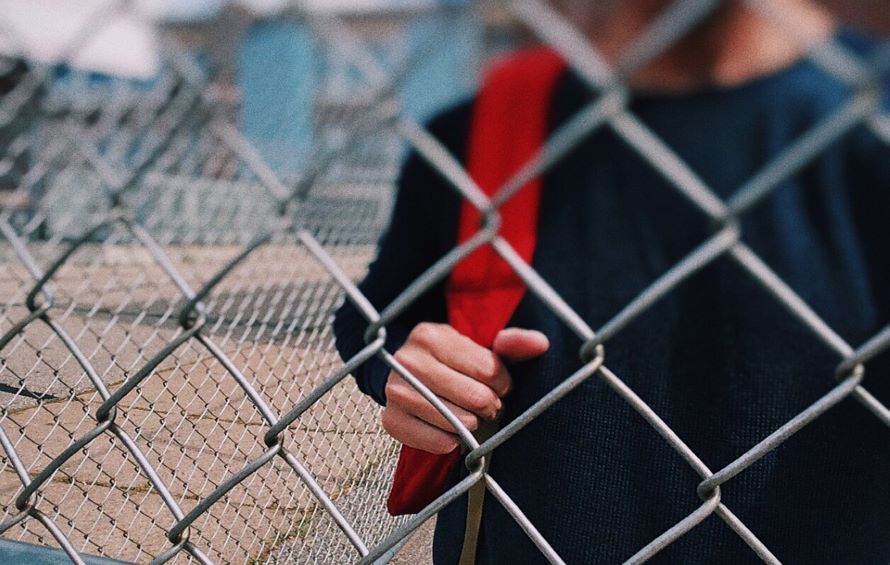As parents are being asked for feedback and input into the plans to return to school, I encourage you to understand your rights and know that there are options. From all the families that I have heard from, I can sadly count on one hand the number of students whose parents report that their child’s special education teachers “met” with them online to provide instruction. Many parents were responsible for 100% of their education. The lack of compliance of IEPs and provision of FAPE has been enormous.
Parents, if your child isn’t or hasn’t received services that they need, that’s on there IEP, since school closure, and they’re regressing, you MUST understand your rights.
Even before we broke from attending school, our special educators and therapists were struggling with caseloads that made it extremely challenging to fulfill the IEPs that exist (60-100 students per speech pathologist: 50-80 per support facilitator, etc). These same people will not be able to provide MORE than they were before when they were in such shortage anyway. So, if you’re waiting for compensatory services to be provided by your school once school goes back, you may very well find that won’t happen without taking your complaint to the next level (possibly filing due process). This is especially true knowing that it’s estimated that 1 in 5 teachers won’t be returning to school.
As we prepare for the transition into CDC Covid recommendations to education, I have a HUGE concern for students who are included in general education for half (or a portion) of their school day. I anticipate that their IEPs will continue to not be met as students will be placed in one classroom with a 1:9 ratio (at least that’s the plan being discussed) Having 3-5 year olds (and even older) children with complex needs, keep masks on and 6 feet distance is unrealistic. Childcare (before and after care) will be a huge issue, one that parents of children with disabilities face even under “normal” circumstances. Cameras could be a good option in all classrooms so that students who are learning at home can be “taught” class lessons at home and feel as though they are a member of the class. It has been said by some school districts that the delay or lack of virtual instruction was due to the learning curve of teachers. While that may account for some teachers, given the great depth of technology used in most of our classrooms today, is this an acceptable reason for lack of FAPE to children with disabilities?
Parents must have options.
– There will need to be consistent provision of services through virtual means for some students. For years, therapists have provided tele-health through virtual methods. This can be done for school therapies and evaluations. For some students this format can work; but not for all.
– You CAN look around for private services that can help you during this time. If you find a provider that can meet the needs of your child and implement the services on your child’s IEP or conduct a re-evaluation that you’re waiting for, write a letter to your school district advising them that since they cannot provide FAPE at this time by implementing your child’s IEP (OT, PT, Speech Therapy, re-evaluation, etc), that you have found a provider that will do that and that you are requesting that they pay for the services through a reimbursement process. This is in an effort to minimize the regression due to lack of FAPE (implementation of the IEP).
Contingency plans (Distance Learning Plans) are NOT in the law. They are attempts from school district attorneys to protect schools. If you are or have been asked to sign one, and if you are not in agreement with it, put in writing that you do not agree with it. Here’s a letter on the Wrightslaw.com website to help get you started: https://www.wrightslaw.com/info/ltrs.virus.clp.htm If your plan doesn’t provide FAPE (what your child needs), then it’s inappropriate and should not be considered as FAPE.
Take away – Don’t wait until school returns, or somewhat returns, to start advocating for the services that are on their IEP. Keep documentation (emails to the school, samples of what your child has been provided since school got out, information about goals, your child’s lack of having a certified teacher, service logs of when your child actually met with their therapists and teachers, etc). If you find a provider who can work with your child, write that letter mentioned above requesting reimbursement. And ALWAYS put concerns in writing!
There needs to be an accountability process of determining if students are receiving equitable education, regardless as to whether they take the state standardized test or not. Parents should all be mindful that there are options. If your child has not gotten an appropriate education (both now and before Covid), you have the right to file due process, choose to home school, use your state’s Virtual School (Florida Virtual School in Florida), apply for Gardiner or McKay Scholarships (Florida scholarships) for private school, or even consider charters.
If you feel that what your child received during Covid was a reflection of what was happening in their classrooms, consider your options before making those big decisions moving into the return to school.

